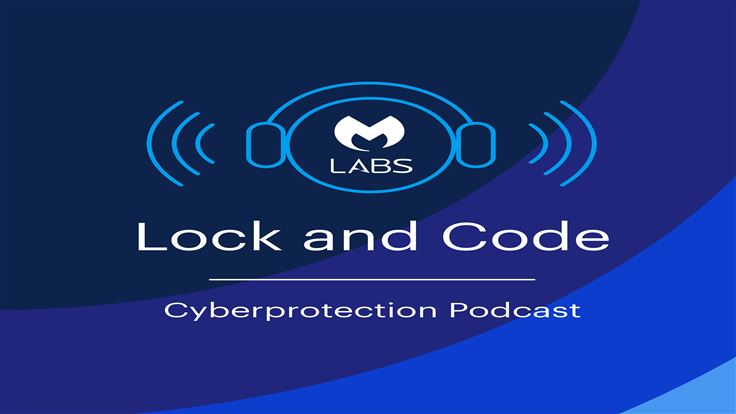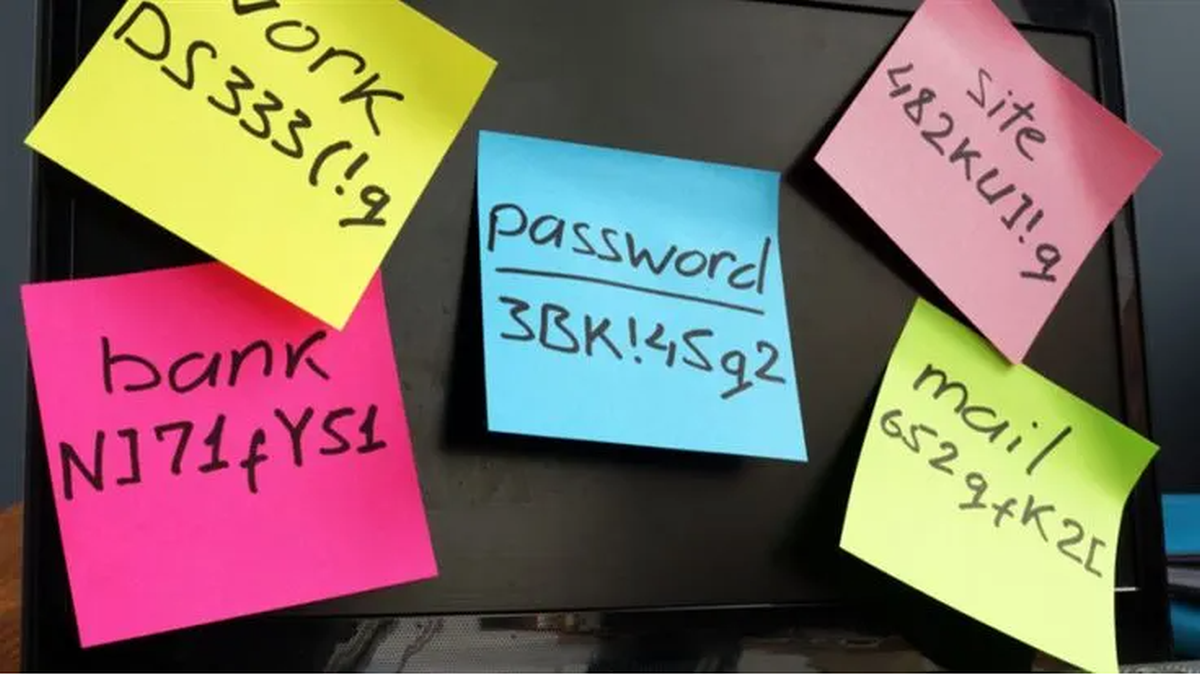“What does online privacy mean to you?”
This beguilingly simply question can produce dozens of overlapping and distinct answers, all depending on who you ask. A VPN service might tell you that online privacy means obscuring your IP address and hiding your Internet activity from your Internet Service Provider. A privacy-forward web browser, like Mozilla, or Brave, might tell you that online privacy means being protected from third-party tracking and surreptitious data collection. And an anti-surveillance activist or lawyer at an organization like the American Civil Liberties Union or Electronic Frontier Foundation might tell you that online privacy means shutting down sweeping surveillance laws in the United States like Section 702 and Section 215.
While Lock and Code has spoken to several guests about online privacy in the past, we wanted to revisit the topic because of its intersection with VPNs, the increasingly popular tools that consumers are using to protect some of their privacy online. We understand the value of a good VPN—our company makes one after all—but we also cannot deny that there is an entire world of online privacy that exists beyond the VPN.
Today, on the Lock and Code podcast with host David Ruiz, we speak to The Tor Project Executive Director Isabela Bagueros about what other types of online tracking users are vulnerable to, even if they’re using a VPN, how else users can stay private online without becoming overwhelmed, and why users should be careful about trusting any one, single VPN.
“One of the issues with VPNs, nowadays, is that they are controlled. It is a private network indeed, because it is controlled and centralized under an organization or company. They literally control all the servers, all the infrastructure that they are providing you, and I think that is one of the things that you want to avoid. You want to avoid having a single point of failure, or a single point of trust.”
Isabela Bagueros, The Tor Project executive director
Tune in to hear all this and more on this week’s Lock and Code podcast, by Malwarebytes labs.
You can also find us on Apple Podcasts, Spotify, and Google Podcasts, plus whatever preferred podcast platform you use.










